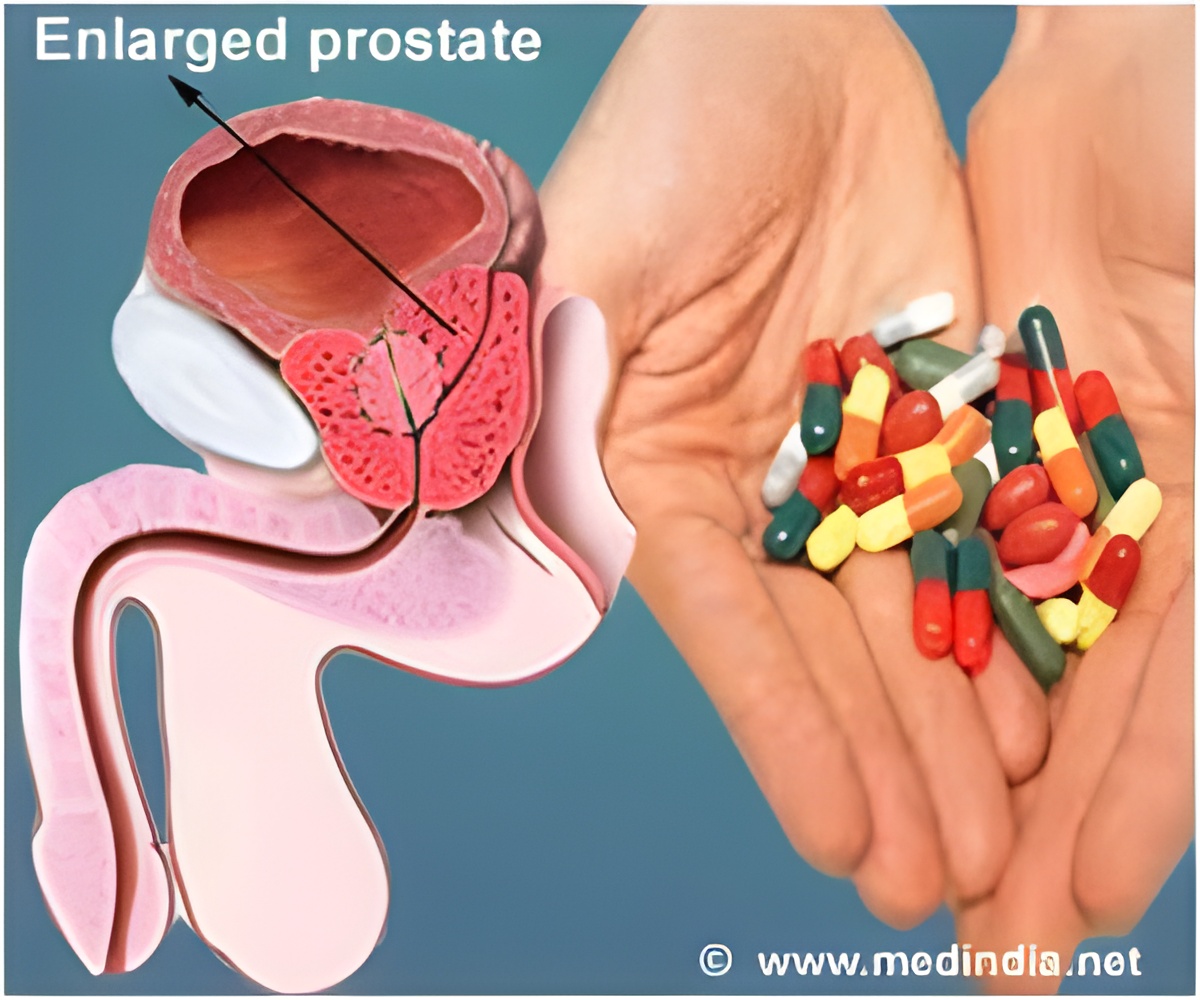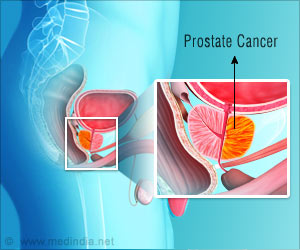
By adding the chemotherapy drug docetaxel to standard hormone therapy, known as androgen deprivation therapy (ADT), fewer patients died and many lived longer.
After 29 months, 136 men had died in the ADT alone group and 101 in the combination group.
The median, or midpoint, overall survival for the ADT group was 44 months, while those who also received docetaxel lived 57.6 months.
ADT is an effective therapy but eventually most patients become resistant to it, allowing the cancer to spread.
Some 30,000 men die of hormone-resistant prostate cancer each year in the United States.
Advertisement
"This is the first study to identify a strategy that prolongs survival in newly diagnosed metastatic prostate cancer," he added, describing the benefit as "substantial."
Advertisement
"These results demonstrate how we can use 'old tools' in new, more powerful ways to improve and extend patients' lives," said ASCO president Clifford Hudis.
Source-AFP





![Prostate Specific Antigen [PSA] Prostate Specific Antigen [PSA]](https://www.medindia.net/images/common/patientinfo/120_100/prostate-specific-antigen.jpg)






